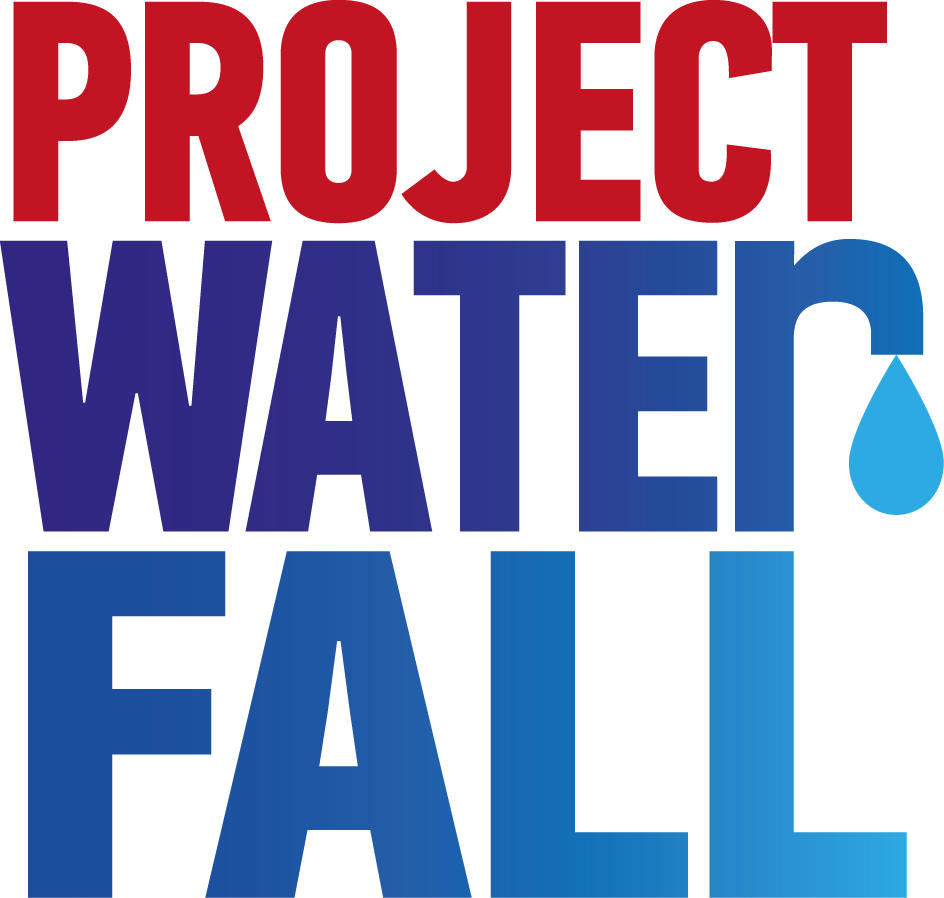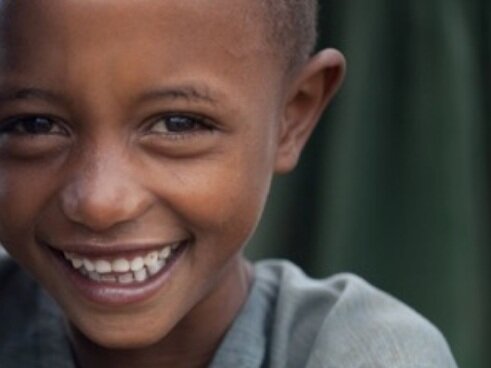Project Overview
The proceeds from the 2015 Amsterdam Coffee Festival allowed Project Waterfall to continue its work in Ethiopia through a partnership with charity: water.
Project Waterfall funded the construction of two hand-dug wells in the Tigray region, which will bring clean water to two communities in their entirety. The wells will be built by community members, a process which helps the community to take ownership of their water source and come together around a common goal.
Project Stats
Start date: Autumn 2015
Status: Completed March 2017
Community: Mai Berbere & Mai Tekera
People reached: 450
Delivery Partner: charity: water
about Ethiopia
94,100,000 population
58% lack access to water
77% lack access to sanitation
29.6% live below the poverty line
Over 18 months, this project changed the lives of 450 people by bringing clean water to two different communities.
WOMEN & CHILDREN
Introducing a water point to a community changes the lives of the women and girls living there. They no longer have to walk long distances every day to collect water, and can spend more time working and in school.
Community empowerment
The project involved the community in the building process which helps instil a strong sense of ownership in the water point. Our local implementing partner, the Relief Society of Tigray (REST), also worked with community leaders to form Water Committees.
Clean water
Funding a water project can transform a community. Access to clean, safe drinking water can be a catalyst for improving health, balancing gender equality, increasing access to education and powering economic growth.
HOW WE DID THIS
Over a period of 18 months, delivery partners charity: water worked hard with the local community to construct 2 hand-dug wells, bringing clean water to two communities in the Tigray region of Ethiopia.
REST’s hand-dug wells are a common way of accessing groundwater, where the ground is soft enough to dig and the water table is more easily accessible.
Hand-dug wells consist of three parts: the well head, shaft, and intake section. These wells are normally dug by two people, who line, seal, and disinfect them.
Labourers dig up to 15 meters by hand to reach aquifers below.
REST promotes Community Led Total Sanitation (CLTS), an innovative practice that mobilises communities to eliminate open defecation.
During the last 21 months, our local implementing partners obtained permits, worked with community leaders to form Water Committees and purchased hardware materials like cement, PVC piping and hand pumps.
They involved ordinary men and women in the construction process, and people began to dream of change.
Sustainability and education
By getting the community involved with the building of these wells, a sense of ownership and pride is created. This means that these communities will take responsibility of the wells and ensure sustainability continues. REST also worked with community leaders to form Water Committees. These committees will take charge of the wells and continue to educate future generations.
REST also promotes Community Led Total Sanitation (CLTS), an innovative practice that mobilises communities to eliminate open defecation. CLTS is conducted through workshops, which raise awareness and establish hygienic behaviour. As a result, these efforts instil a sense of responsibility for the community’s water source and improve sanitation practices.
the future
In Ethiopia we met an 18-year-old girl named Berekech who was pregnant with her first child. Berekech was responsible for collecting water for her family and constantly worried what life would be like for her child if she too had to drink this dirty water. But thanks the our contribution to this project, that day never came. charity: water was able to fund a clean water project in Berekech’s community before her child was born. Now, not only will her entire community never have to drink dirty water again, but also her child will be one of the first people in the community to never know life with dirty water. For many people, this project was an answer to years - sometimes decades - of prayer. For others, it brought hope where people began to dream of a better future.
We continue to have a partnership with charity: water, and look forward to future collaborations.






